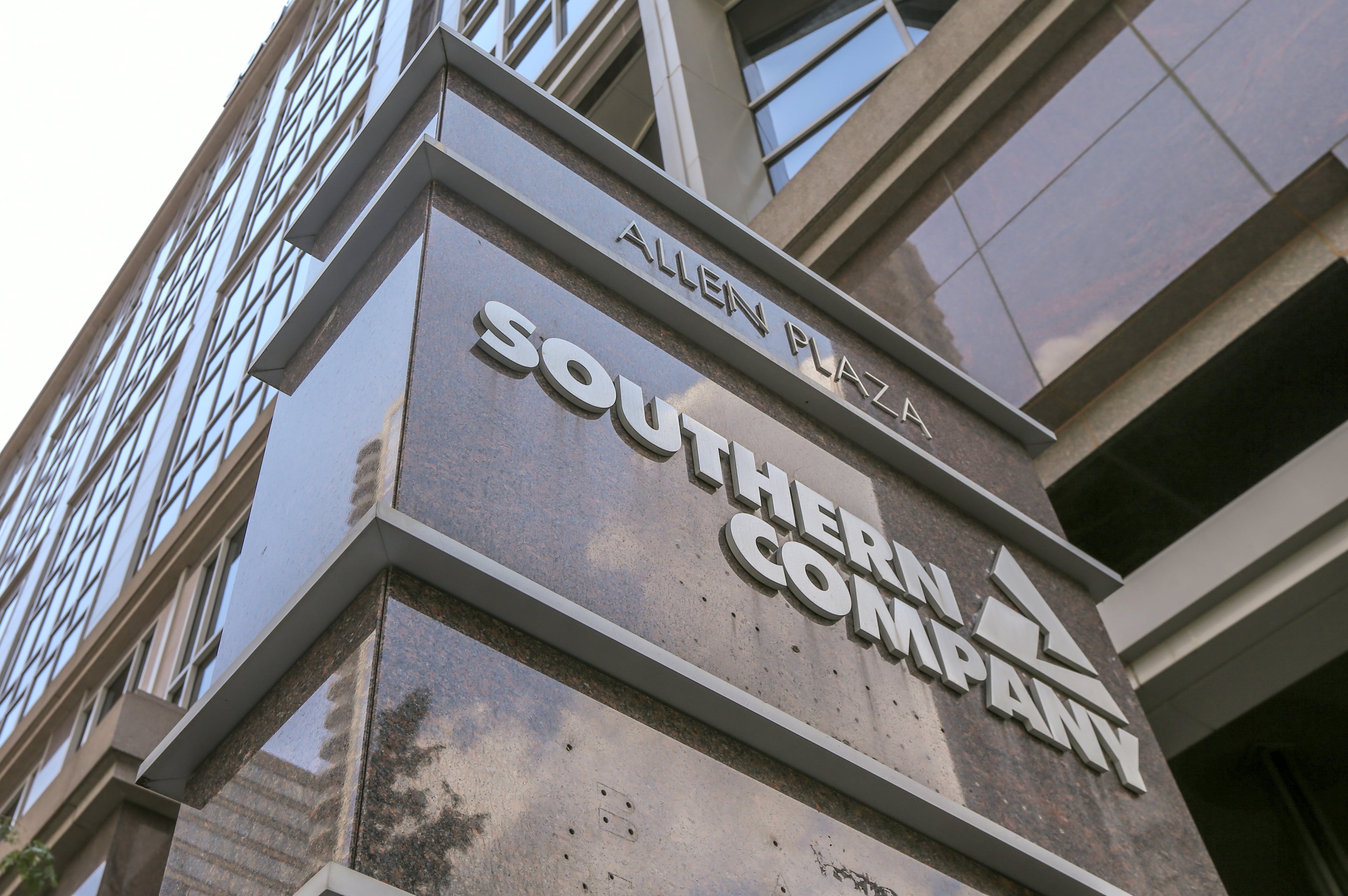FAA launches new investigation into Hartsfield-Jackson
The Federal Aviation Administration is launching a new investigation into Hartsfield-Jackson International Airport alleging it may have unlawfully diverted revenue to the city of Atlanta.
The FAA sent a notice of investigation to the city, which owns and operates Hartsfield-Jackson, along with a subpoena for airport invoices from 2016 through mid-2018. The notice says the FAA is also looking into whether Atlanta improperly withheld documents from investigators.
The document also reveals the city has acknowledged invoices totaling more than $100,000 “were wrongly paid from airport funds” and that it reimbursed the airport for the payments.
FAA regulations prohibit the use of airport revenue for purposes other than an airport's capital or operating costs. That's designed to keep local governments from using airports as cash cows and funneling away their money. The prohibition also ensures that federal airport grants support airport projects and not other uses.
The FAA's notice of investigation cites an article published by The Atlanta Journal-Constitution indicating the city may have used airport revenue to pay legal fees for responding to a federal corruption probe into Atlanta City Hall.
After the AJC article was published last year, the FAA opened an inquiry into the possible misuse of millions of dollars in airport revenue and requested records on legal expenditures. The airport through its law firm produced heavily redacted invoices and other documents.
The new investigation steps up the FAA’s scrutiny of Hartsfield-Jackson and the use of airport funds.
The FAA says in the July 25, 2019 notice of investigation that it has already determined that the city “may have made ineligible payments to law firms from airport revenue accounts,” but it could not make conclusive findings because of the extensive redactions. The agency also said the city has “on multiple occasions, refused to comply with the FAA requests for un-redacted legal fees invoices.”
The FAA also outlines in the document that the terms for accepting grants require the city to make all airport records and documents available for inspection when requested.
The city has 30 days to respond to the notice of investigation and the subpoena.
Atlanta Mayor Keisha Lance Bottoms’ spokesman Michael Smith issued a statement saying the city “is surprised” by the filing and the FAA’s suggestions that it refused to provide documents, among other statements.
After the FAA subpoenaed airport legal records as part of an audit launched earlier this year, city officials contended those records were subject to attorney-client privilege, and the FAA referred the matter to the U.S. Department of Justice.
“In all of its communications, the City has been clear about its desire to cooperate and has taken steps to do so while maintaining its attorney-client privilege and work product protections,” Smith said in the statement. “Waiving our asserted privileges is an extraordinary and unreasonable request,” and the city has said it can only provide unredacted invoices if subject to a court order.
However, Smith continued, “we look forward to working cooperatively with the FAA to produce the requested documents.”
If unlawful revenue diversion is not corrected, the FAA could withhold some federal funds.
The city of Atlanta has accepted more than $962 million in airport improvement program funding since 1982, according to the FAA, including last year’s $17 million in for a taxiway project and $6.5 million to mitigate noise for residents.
Sanctions for improper use of airport revenue can include withholding of future grant funding and civil penalties.



